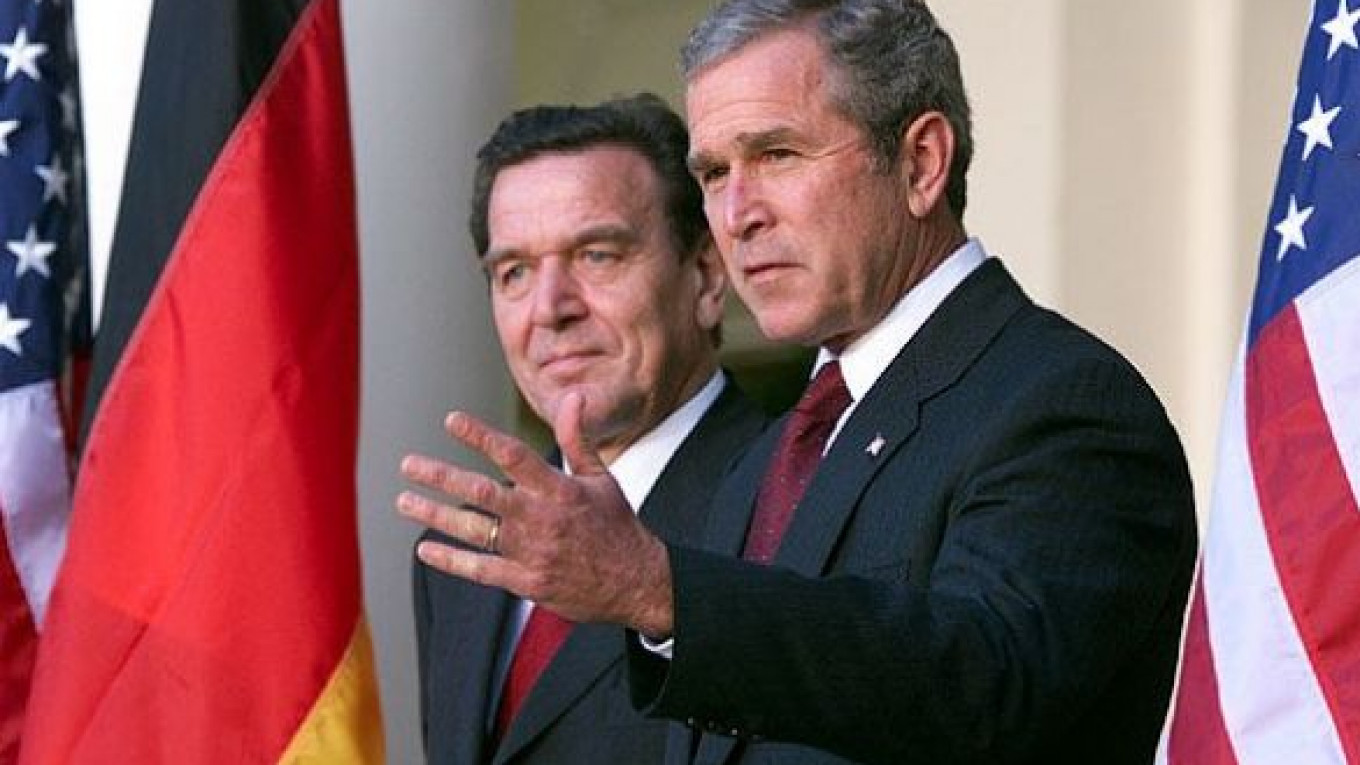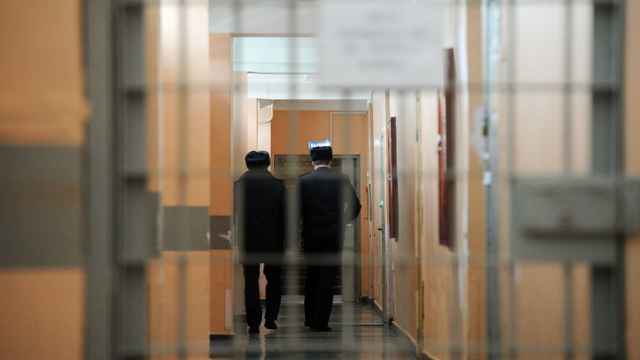Intelligence leaker Edward Snowden, who was granted asylum in Russia after disclosing details of widespread U.S. surveillance, said that U.S. intelligence agencies were monitoring the mobile phone of then-German Chancellor Gerhard Schröder more than 10 years ago, a news report said.
U.S. intelligence began monitoring Schröder's phone conversations around 2002 because of his government's opposition to the U.S.-led military intervention in Iraq, a research conducted by the German newspaper Suddeutsche Zeitung and television network NDR revealed, The Guardian reported.
In October, based on information provided by Snowden, Germany accused the National Security Agency of tapping the phone of the current German Chancellor Angela Merkel. She was later assured by U.S. President Barack Obama that the U.S. "will not monitor the communications of Chancellor Merkel."
Schröder said in response to the revelations that he would not have imagined being tapped by U.S. intelligence services, but that he was "no longer surprised."
The former chancellor was a less frequent mobile phone user than his successor Merkel has been, having said in an interview in 2005 that he preferred to communicate indirectly through his personal assistants who would handle his phone calls.
Unidentified members of the National Security Agency told German media that the phone tapping was not aimed personally against Schröder or Merkel, but targeted any person who occupied the country's highest office at the time.
U.S. National Security Council representative Kathleen Hayden declined to comment on the information about the tapping of Schröder's communications, while noting that the administration has undertaken a number of steps concerning the work of secret services and aimed at restoring relations with U.S. allies.
Last month Obama signed a decree prohibiting intelligence services to conduct surveillance of foreign leaders that are considered U.S. allies.
A Message from The Moscow Times:
Dear readers,
We are facing unprecedented challenges. Russia's Prosecutor General's Office has designated The Moscow Times as an "undesirable" organization, criminalizing our work and putting our staff at risk of prosecution. This follows our earlier unjust labeling as a "foreign agent."
These actions are direct attempts to silence independent journalism in Russia. The authorities claim our work "discredits the decisions of the Russian leadership." We see things differently: we strive to provide accurate, unbiased reporting on Russia.
We, the journalists of The Moscow Times, refuse to be silenced. But to continue our work, we need your help.
Your support, no matter how small, makes a world of difference. If you can, please support us monthly starting from just $2. It's quick to set up, and every contribution makes a significant impact.
By supporting The Moscow Times, you're defending open, independent journalism in the face of repression. Thank you for standing with us.
Remind me later.






